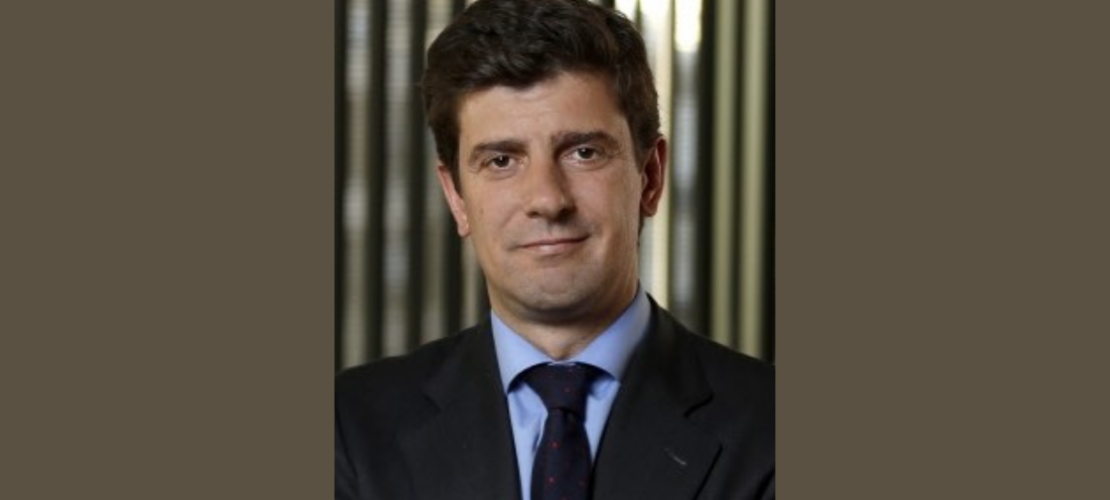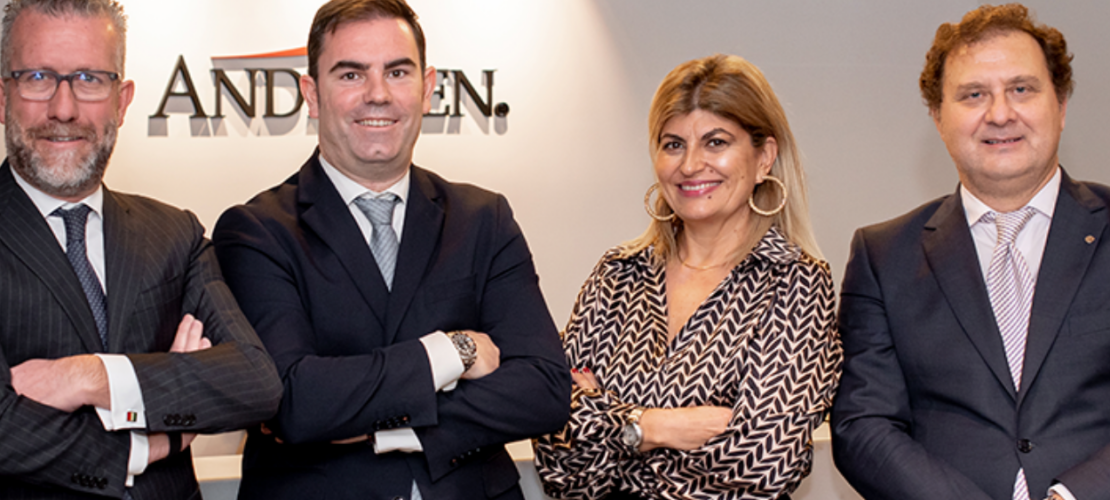The art of law
by Michael Heron
When Richard Barnett became the head of legal at the Science Museum in London, he was one of the youngest in the UK at the age of just 33. Six years later he now runs an in-house team of five at the National Gallery. Barnett completed his training contract at Eversheds before moving to the prestigious boutique Hansel Henson, where IP and a close proximity to an enviable client base, launched his legal career. Deciding that becoming a partner in private practice wasn’t for him, the UK qualified solicitor transitioned to the in-house world, where it was his dream to work in the public sector and in museums he loved visiting as a child. We also uncover from Barnett the challenges of keeping the public engaged with the museum during the pandemic and the ubiquitous growth of NFTs and impact it could have on their business.
You became one of the youngest heads of legal in the country, joining the Science Museum Group at the age of 33. What attracted you to the in-house world?
I was very happy in private practice, and I found the work rewarding and interesting. But I just thought about where that career trajectory takes you, and I decided I didn’t want to become a partner in a smaller business. I always had my heart set on working in the public sector and when I saw the opportunity advertised at the Science Museum with such a low level of PQE, I couldn’t resist applying. I was lucky enough to get the job. I think you can always tell two stories about your career; it’s either a series of well-planned strategic moves Whereas in-house, it really feels like you are in lock-step with the internal clients. Which is very rewarding. I am also asked to have a lot more commercial input than I would in private practice.
That makes sense… Do you therefore think it is easier to sit on the fence as a private practice lawyer as supposed to being in-house?
Yes, I would agree with that. Private practice lawyers must be careful, as they can’t really makes business decisions for their clients. It is an understandable position and one that they can defend to their insurers and clients in the future if anything goes wrong. Whatever you do in private practice, you are not really making decisions on behalf of your clients. But when you are part of the business then you have to make important calls.
How important is it that the board sees you as a strategic advisor and not just as legal counsel?
I think it is important to be both. The reason you have a seat at the table is because of your legal training, but I do think that lawyers can offer a different perspective and a different way of approaching problems. It’s not just the legal skills that make you a valuable inhouse but that you can also offer solutions to problems, legal or otherwise. We didn’t previously own our trading company and my team was able to facilitate that purchase through our work which had a very positive impact on our relationship with the board.
CLICK HERE TO DOWNLOAD THE MAGAZINE AND CONTINUE READING THE ARTICLE












